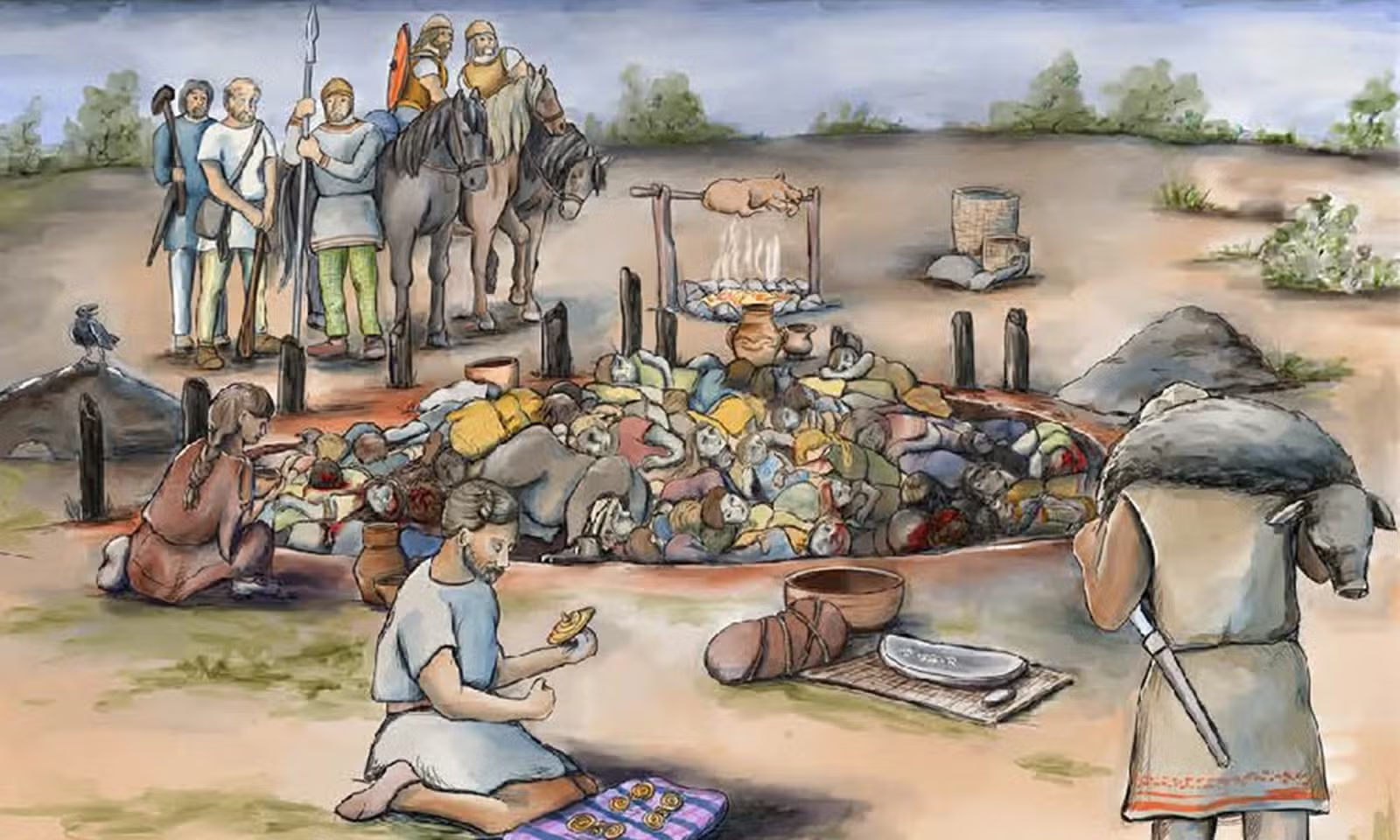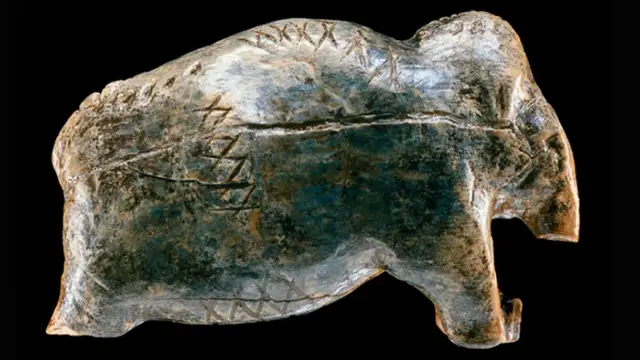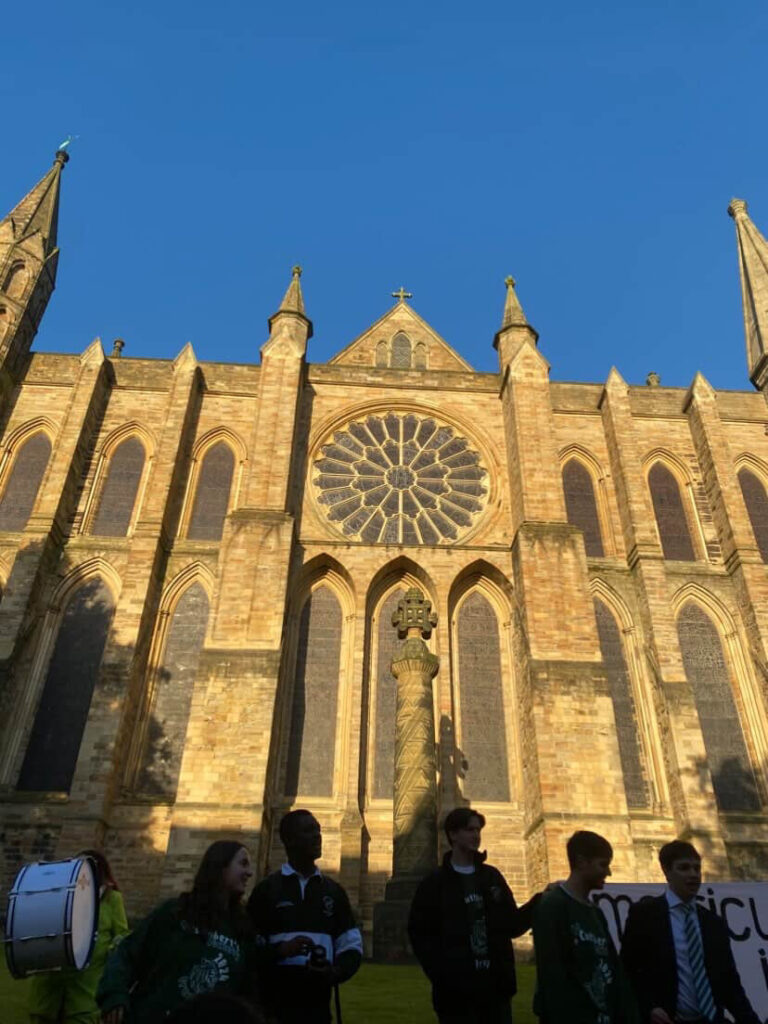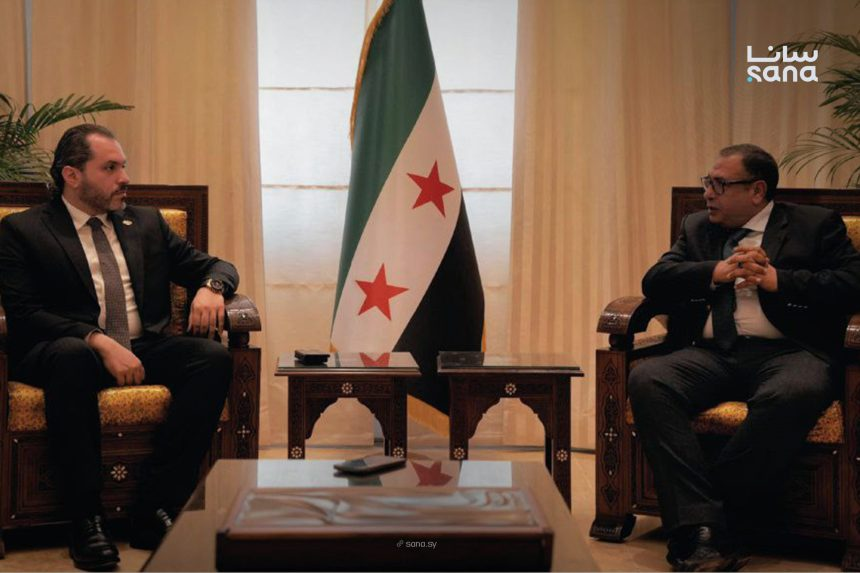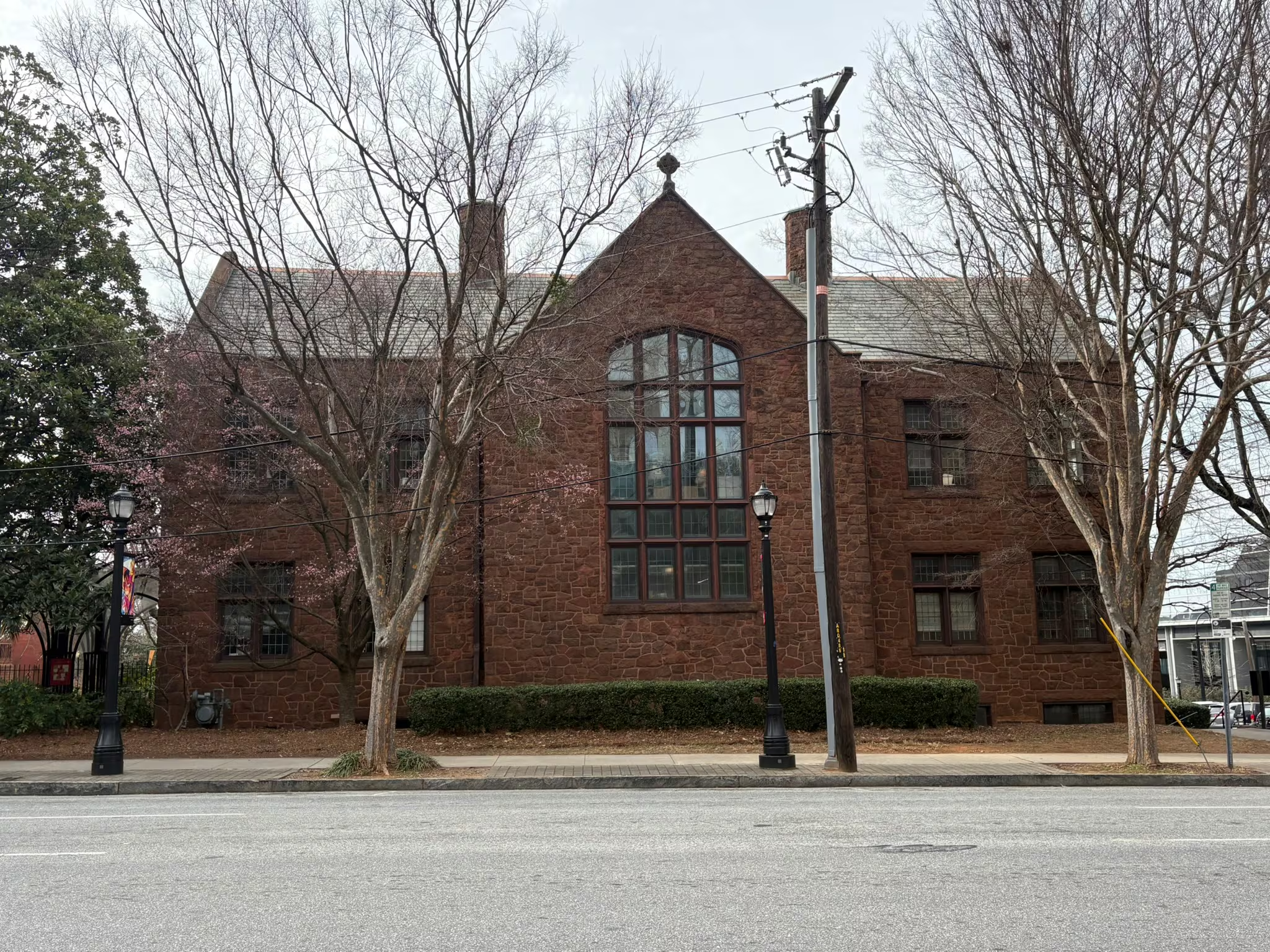In ancient Greece, the gymnasium was not merely a place for athletic training it was a center of education, philosophy, and civic life.
Origins and Purpose
Young men trained nude (from gymnos, “naked”) to prepare for warfare and competition. However, gymnasiums evolved into cultural hubs where citizens studied literature, music, mathematics, and ethics.
Philosophical Importance
Philosophers like Plato, Aristotle, and Socrates taught or conversed within gymnasium grounds. The blending of physical and intellectual training reflected the Greek ideal of a balanced mind and body.
Social and Political Role
Gymnasiums also functioned as meeting places where political ideas spread. Citizens debated local issues, exchanged information, and reinforced communal identity.
Lasting Influence
The modern word “gym” reflects this legacy. Today’s educational philosophies emphasizing holistic development trace their roots to these ancient institutions.


